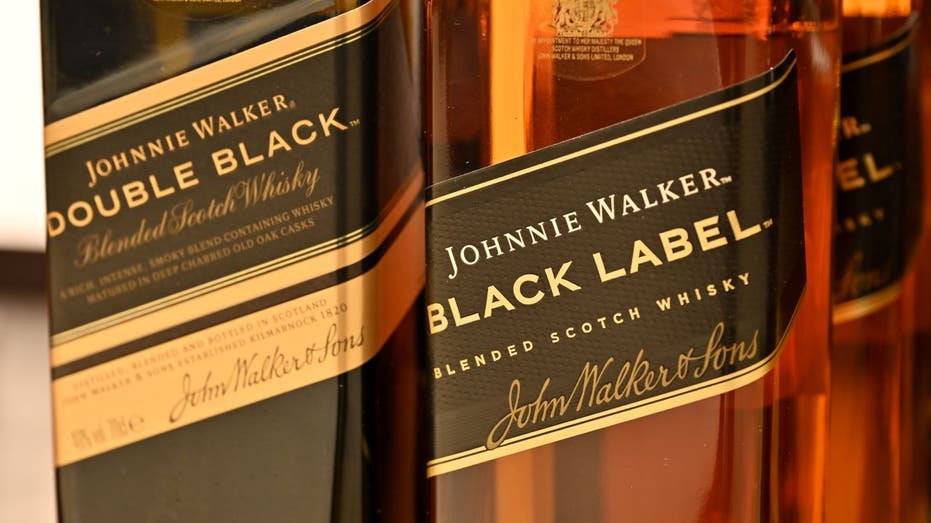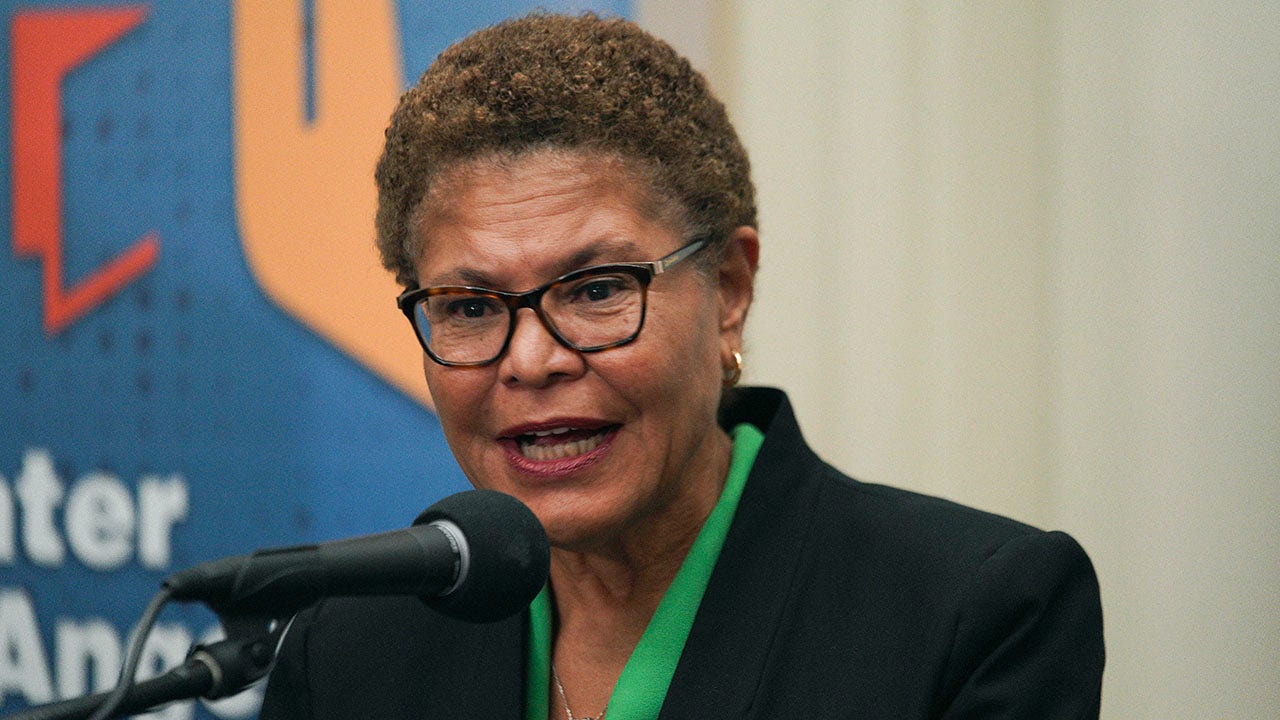Some industry experts are skeptical that U.S. Surgeon General Dr. Vivek Murthy’s recommendation for cancer warning labels on alcohol will gain traction in the short-term, with one expert suggesting that if it happens, it could take years to implement.
Dr. Vivek Murthy, who is ending his term at the end of January, issued an advisory outlining the direct link between alcohol consumption and increased risk for several cancers including throat, liver, esophageal, mouth, larynx (voice box), colon and rectal cancers.
His advisory stated that alcohol is the 3rd leading preventable cause of cancer in the U.S., contributing to about 100,000 cancer cases and 20,000 cancer deaths each year. It also stated that updating health warning labels on alcoholic beverages is “an important next step for alcohol-related cancer prevention.”
Dr. David Shaker, of New Jersey-based Shaker Medical Group, told FOX Business that there is “no way for anyone to know what will happen, but drawing on the history of similar topics is the best way to see into the future.”
ALCOHOL LINKED TO CANCER RISK IN US SURGEON GENERAL’S NEW ADVISORY
As an example, he referenced the 1964 Surgeon General’s Report on Smoking and Health, which officially declared that cigarette smoking is a primary cause of lung cancer and other serious illnesses. In 1965, the Federal Cigarette Labeling and Advertising Act of 1965 mandated health warning labels on cigarette packages starting in 1966.
The initial warning read, “Caution: Cigarette Smoking May Be Hazardous to Your Health.
Peter Pitts, a former associate FDA commissioner and co-founder of the Center for Medicine in the Public Interest, believes that, if labels were to be placed on alcohol products, it could take years—if it happens at all—due to the inherently slow pace of government decision-making.
However, Pitts emphasized that moving cautiously, especially on a claim of such magnitude, is essential, stating, “rushing to conclusions is never a good thing.” He is also skeptical about the timing of the report and is advocating for further research. He described Murthy’s decision to wait until the end of his term to make such an announcement as “very peculiar.”
Murthy, who will step down on Jan. 20, will be replaced following President-elect Trump’s inauguration.
ALCOHOL MAKER STOCKS SEE DECLINES IN WAKE OF SURGEON GENERAL CANCER ADVISORY
“If the data has been around for such a long time, and if the data is so overwhelmingly clear, why is he waiting until he’s packing his boxes to leave his office to make this very aggressive type of announcement?” Pitts said. “I want to understand why now versus three years ago when the administration could have really actively put the whole weight of its time in office.”
Pitts said the current administration could “have spent more time and put forward greater effort and spent more political capital on moving forward a proposition that is as dramatic as labeling alcoholic beverages as possible causes of cancer.”
He is advocating for new studies funded by the National Institutes of Health (NIH), which is one of eleven agencies that make up the Department of Health and Human Services (HHS).
“When those studies come in, we can really look at the data and understand what it’s saying,” he said. “Then we can take a step back and say, how can we advise Americans relative to their own personal choices and the possible health risks those choices provide now?”
Officials at the National Cancer Institute(NCI), part of the NIH, stress the importance of the advisory. NCI Director Dr. Kimryn Rathmell said in a recent statement that the “advisory on alcohol use and cancer risk is important for everyone to hear, especially for those at increased risk of cancer due to family history or other factors.”

Still, Rathmell told FOX Business that the NCI is “continuing to do research, so that we can offer clearer guidance about how individuals can personally manage their risk.”
“NCI will continue to disseminate research findings on alcohol use and cancer risk as policymakers consider the use of product labeling,” she said, adding that “knowing the personal risks of alcohol use is valuable for individuals making personal lifestyle decisions” and that “ensuring that the community knows credible information about a risk factor within our control is important for preventing cancer.”
The most important thing is to “equip people with information to be able to make personal decisions and discuss them with their doctor,” Rathmell added.
Read the full article here
















